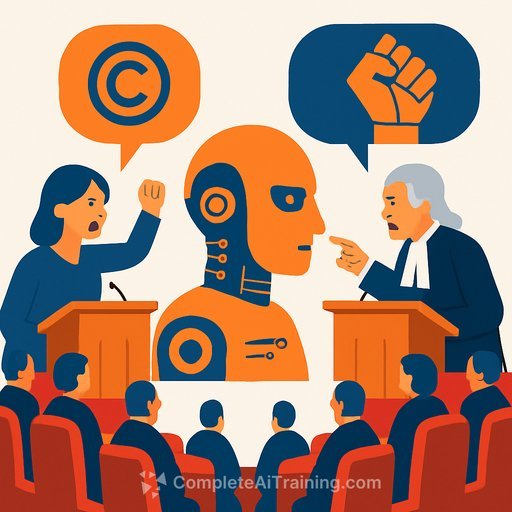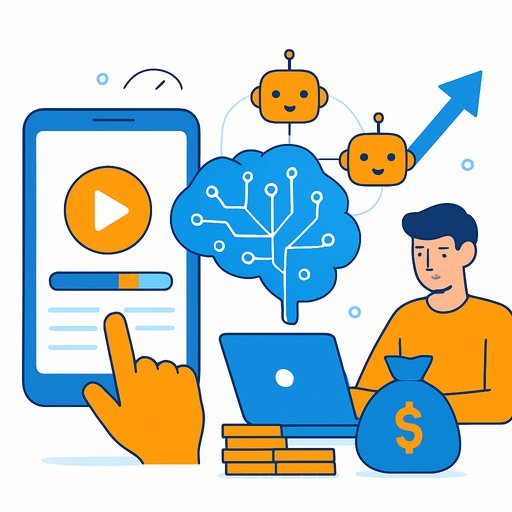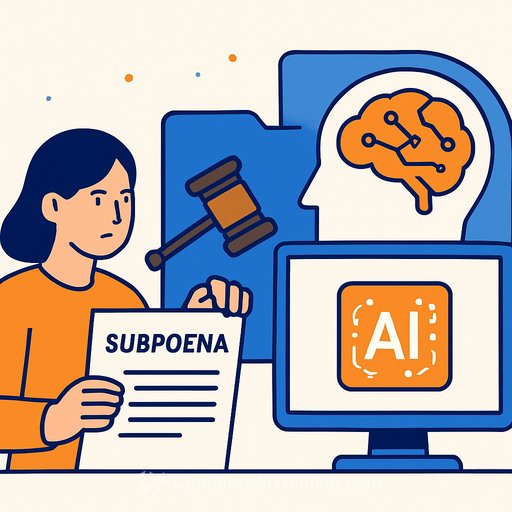Copyright Reform: Government backs creatives over AI text and data mining
Australia just put creators first. The Albanese Government has ruled out a Text and Data Mining (TDM) exception that would have let AI developers train on your work for free and without permission.
That door is closed. The bigger question now is how licensing, attribution, and enforcement will work in practice.
What changed
Tech companies pushed for a TDM exception. The Government said no. That decision gives artists, writers, musicians, designers, and filmmakers clearer leverage over how their work can be used to train AI models.
In short: your catalog is not open season for training data.
What's still on the table
- Paid licensing for AI training: A potential collective licensing framework under the Copyright Act versus sticking with voluntary licensing deals.
- Clarity on AI-generated material: Guidance or updates so everyone understands how copyright applies to outputs produced with AI tools.
- Lower-cost enforcement: A possible small claims forum to resolve lower-value infringements quickly and affordably.
Why this matters for creatives
This removes the risk of a blanket carve-out that could undercut future licensing deals. It strengthens your position in negotiations and makes consent the default, not an afterthought.
Creative groups have been pushing hard for this outcome. They warned that a TDM exception would weaken deals across music, publishing, and visual media.
What the Government is saying
Officials are framing this as a balance: support innovation without sidelining the people who make the work. The message to tech and the creative sector is to "come together and find sensible and workable solutions" so creators are compensated.
The Copyright and AI Reference Group is meeting this week to work through the details.
What tech is signaling
OpenAI's policy team has indicated that strong copyright settings won't scare off investment. They've committed to keep engaging with the Government on AI infrastructure regardless of looser or tighter copyright levers.
What to do now
- Audit your catalog: Know what you own, where it's published, and what contracts say about machine learning and data use.
- Tighten your terms: Add clear language on AI training, dataset use, and synthetic outputs in new and renewed agreements.
- Prep for licensing: Decide your position on allowing (or declining) AI training uses. Price it, package it, and set conditions.
- Join your collective: Coordinate with your representative bodies so your rights are counted in any collective framework.
- Mark your work: Improve metadata and provenance. Make your licenses discoverable and unambiguous.
- Plan enforcement: Keep evidence, set up monitoring, and be ready to use a small-claims option if it launches.
- Use AI on your terms: Experiment in your workflow with tools that respect licensing and attribution.
Stay informed
Track official updates and consultation notes here: Attorney-General's Department - Copyright.
If you're building ethical, efficient workflows with AI, explore practical training for creatives: Courses by job and AI tools for copywriting.
Bottom line
No free pass for AI training on your work. Licensing, clarity on AI outputs, and cheaper enforcement are on the agenda next. Position yourself now so the coming frameworks work in your favor.
Your membership also unlocks:





